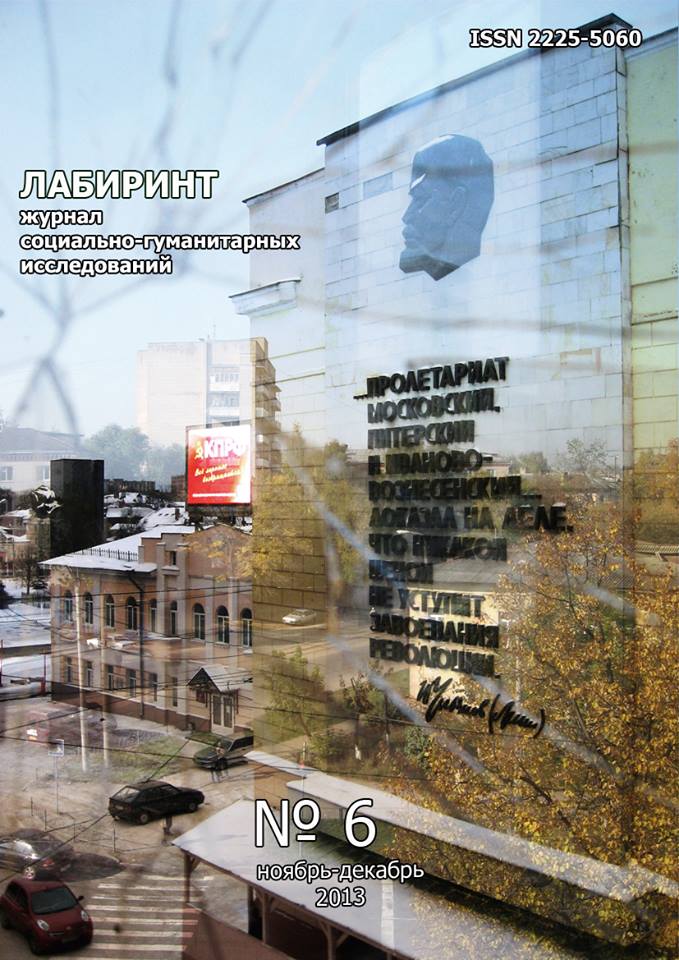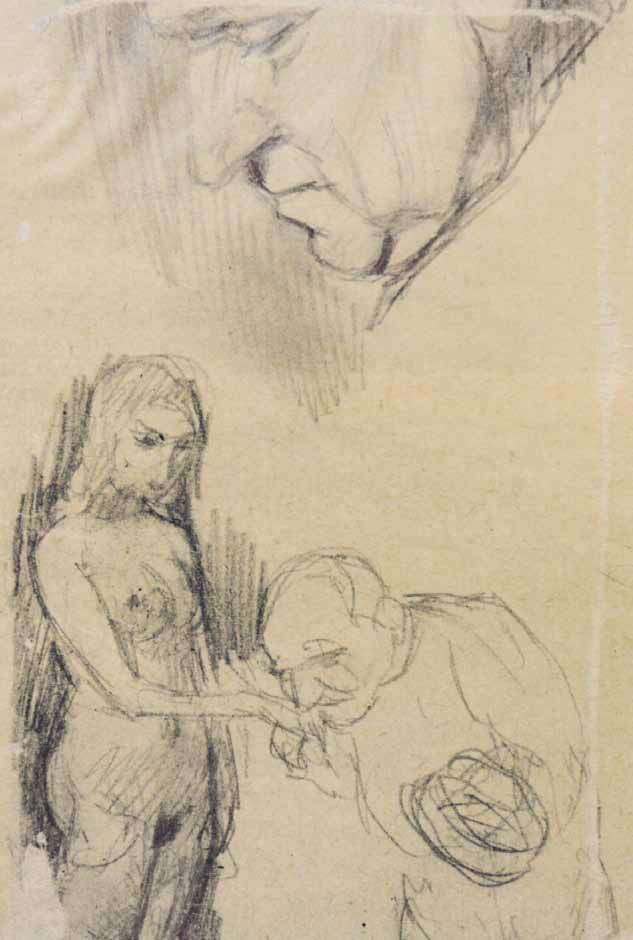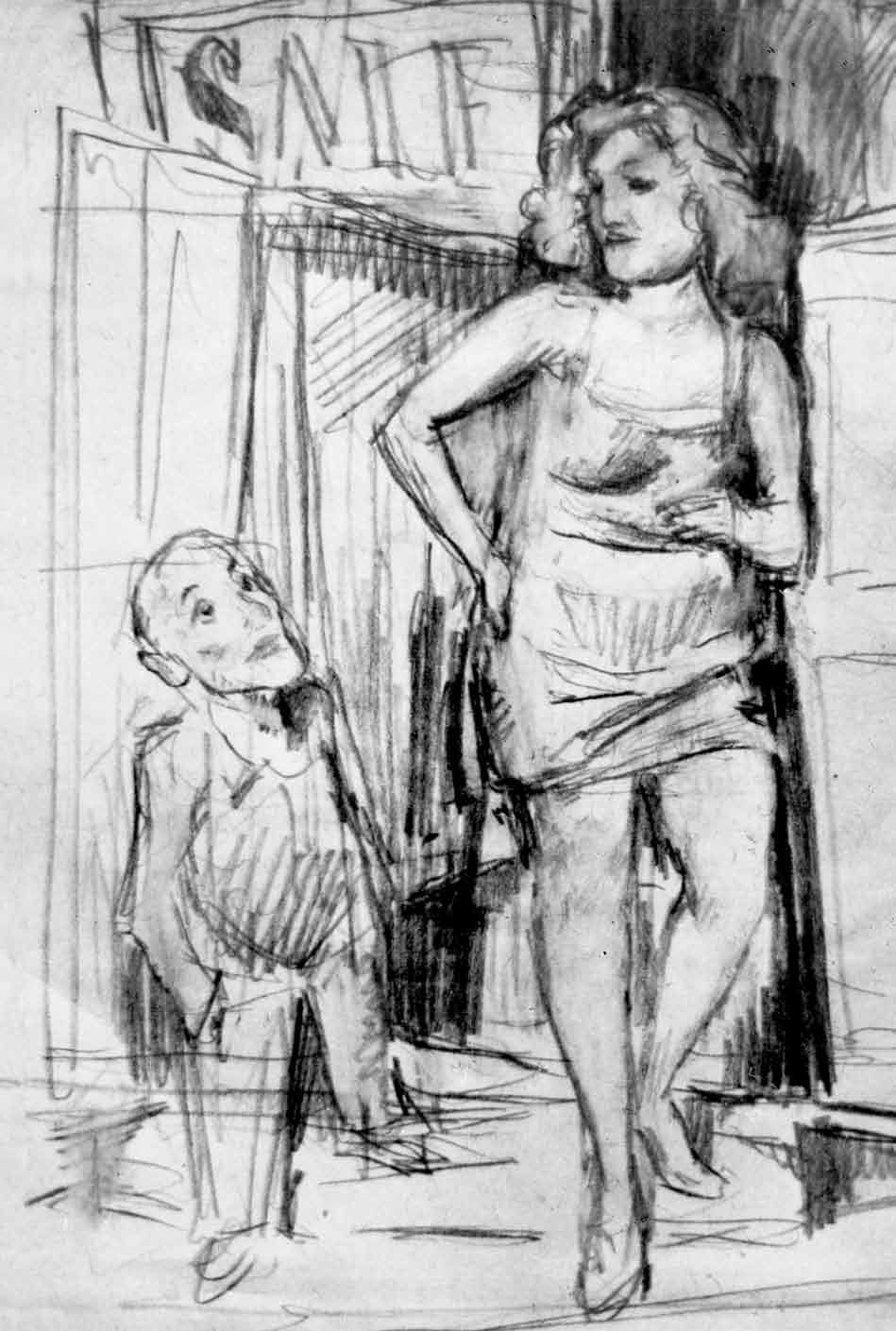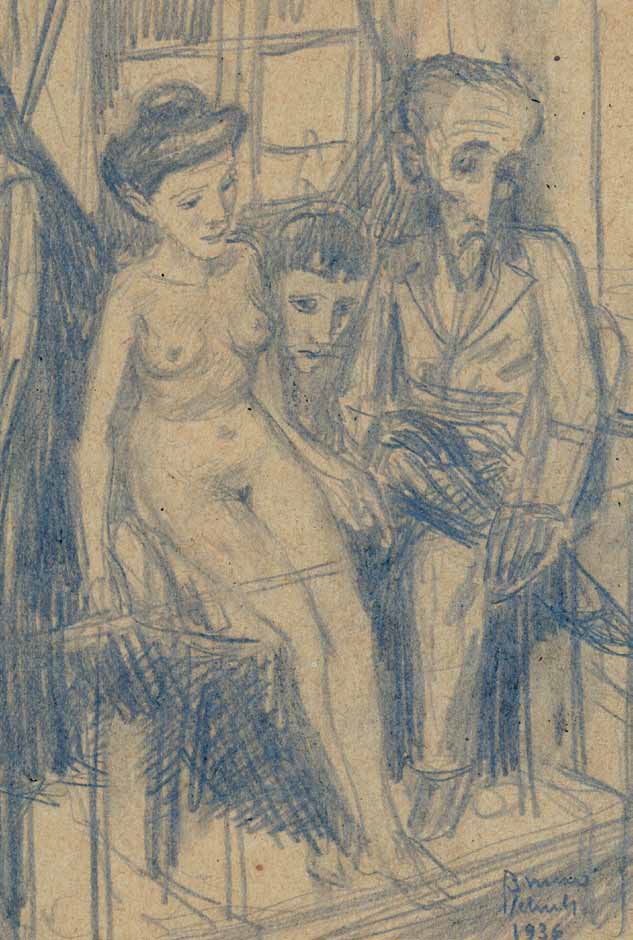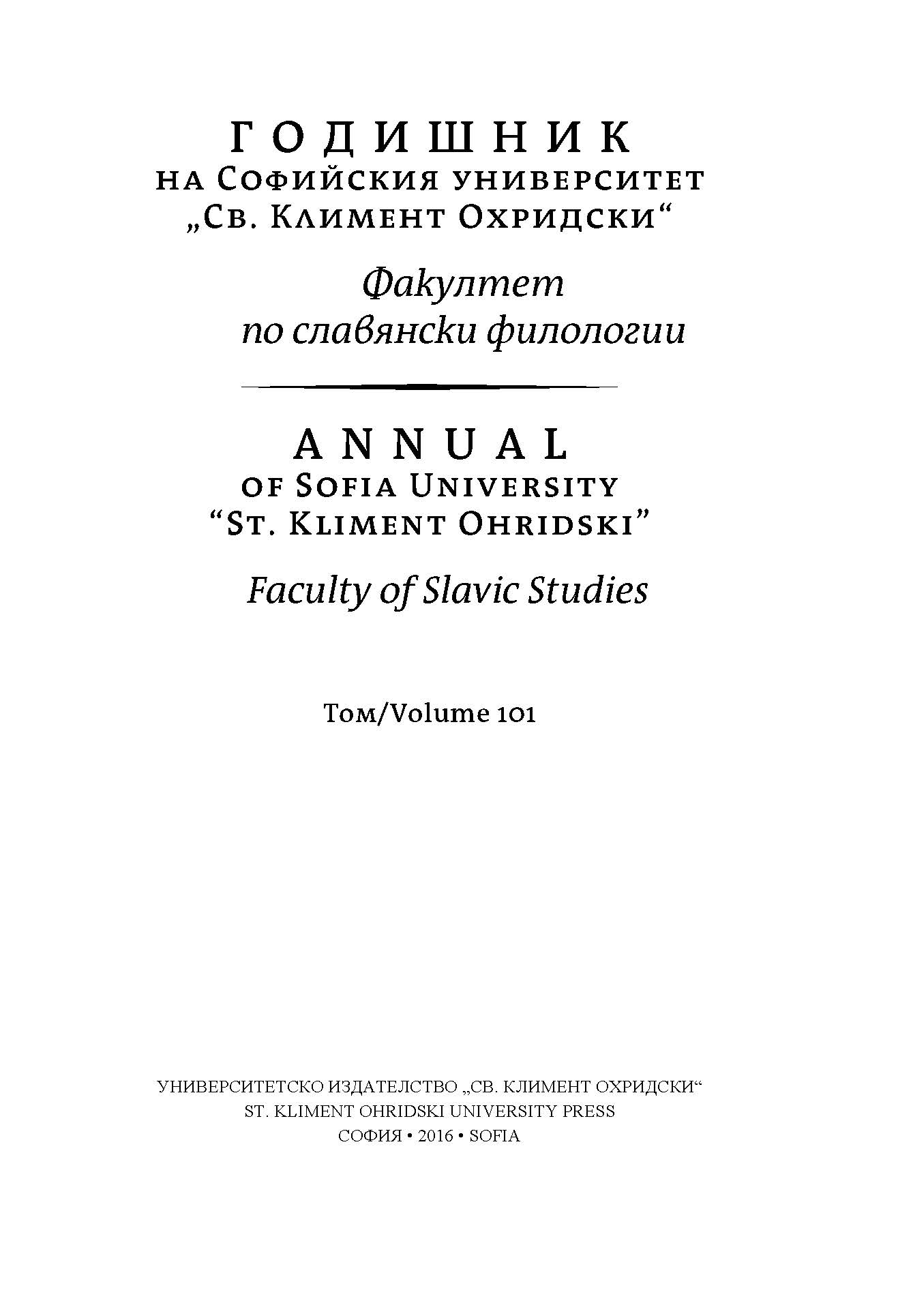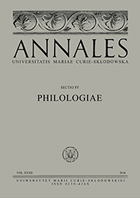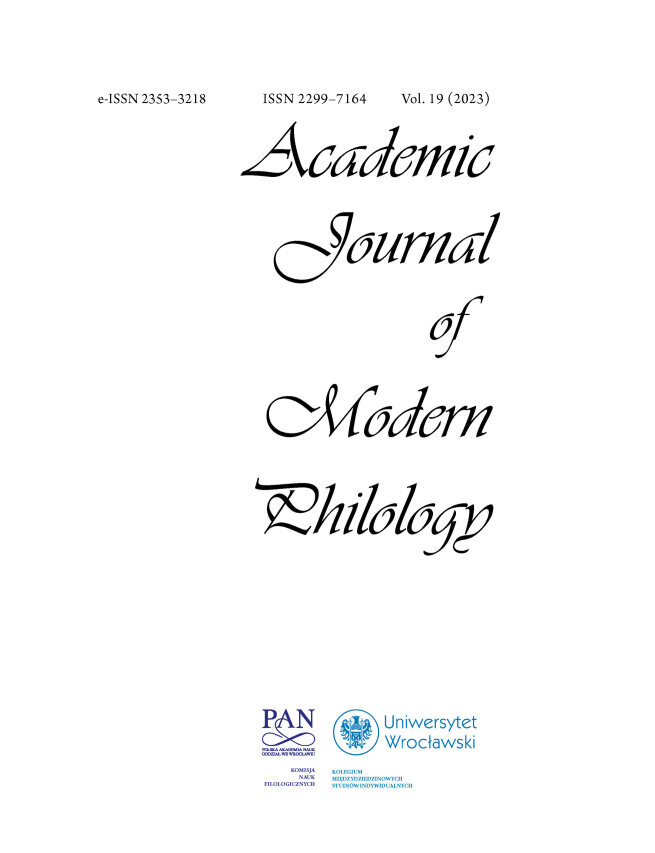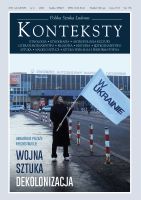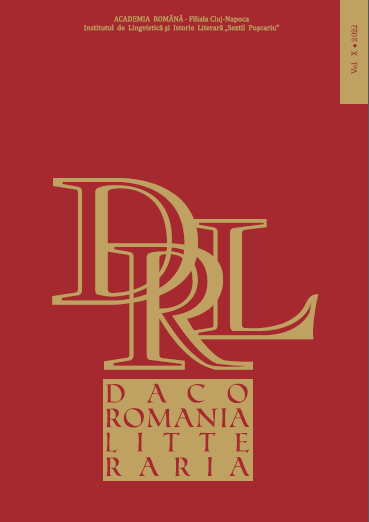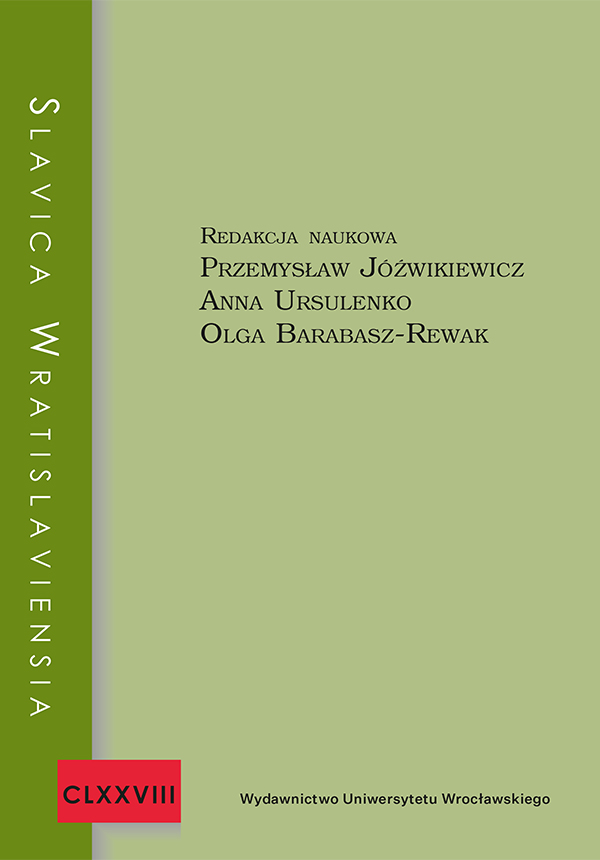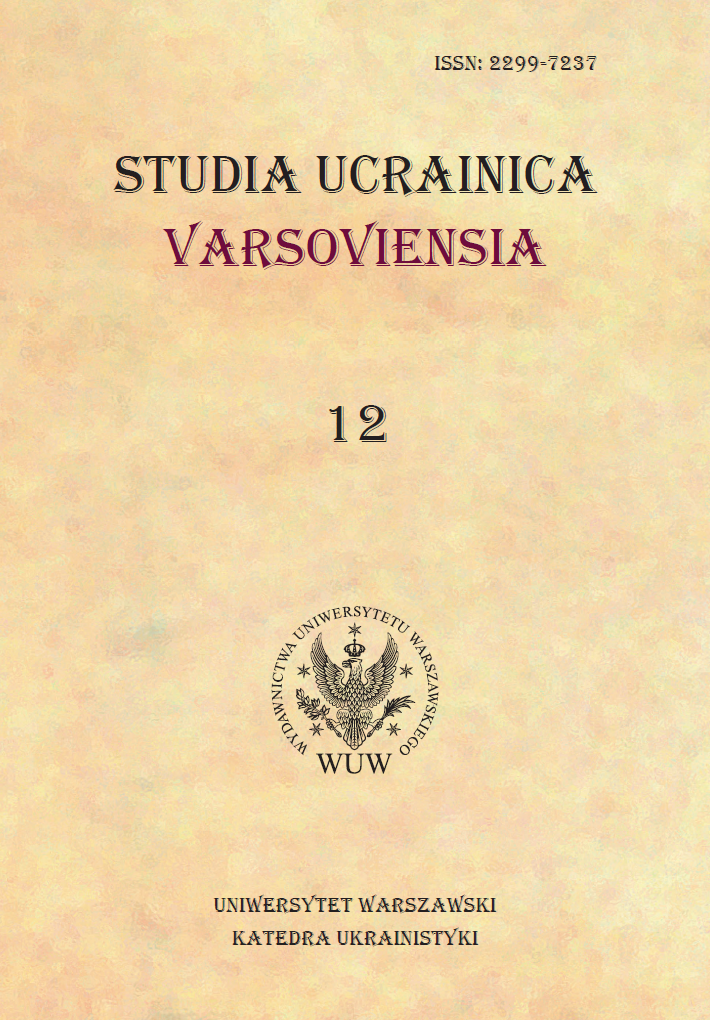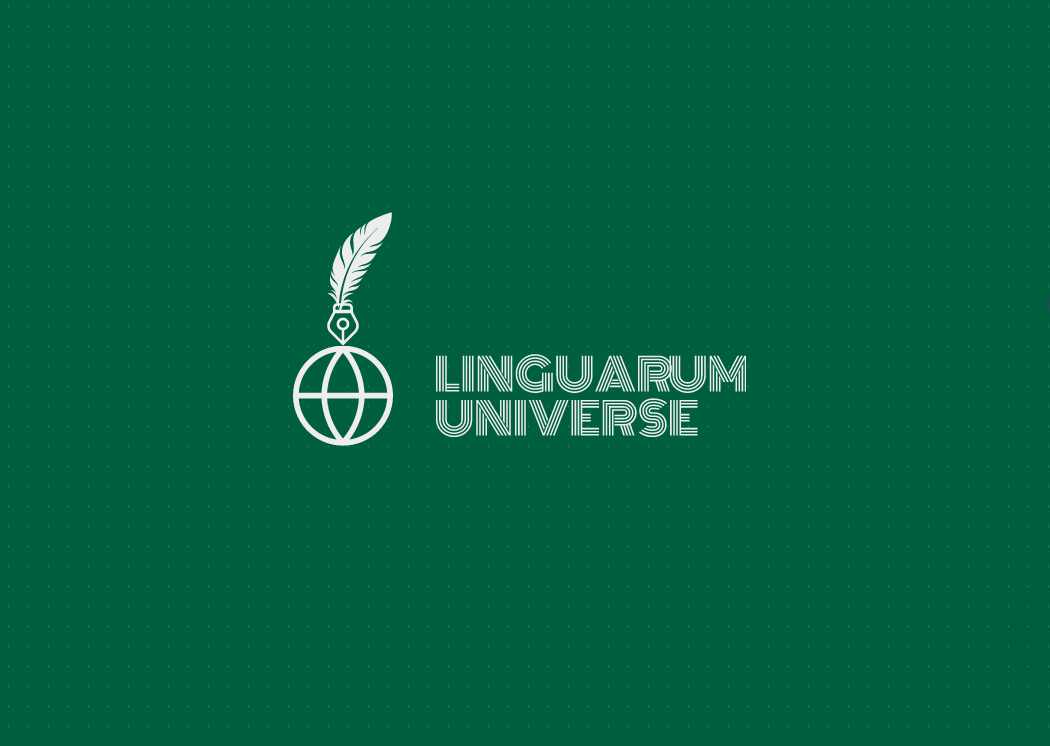Author(s): Rostyslav Chopyk / Language(s): Polish
Issue: 4/2023
The concept of a “Skovorodian” or “follower of Skovoroda” (after M. Shlemkevych, Y. Lypa, V. Janiv, and others) is usually understood to be a Ukrainian from the second half of the eighteenth century, for whom the greatest authority was the itinerant Ukrainian philosopher Hrihorii Skovoroda and the latter’s supposed quietism – an escape to one’s inner self, Nature, and moral self-improvement, together with indifference towards all that is external, paltry, and social. The silent consent of such a follower supposedly accompanied the fall of the Hetmanate, while processes at the turn of the eighteenth century, with far-reaching consequences (the onset of modern Ukrainian literature and identity), took place already without his participation. The author of the article disputes with similar opinions by arguing that I. Kotliarevsky, founder of modern Ukrainian literature, viewed the world “through the eyes of a Skovorodian” (after M. Hrushevsky, O. Rusov, S. Yefremov, and L. Ushkalov), and situating the initial impulse for the works of T. Shevchenko within the domain of influence exerted by Skovoroda. Moreover, Rostislav Chopyk launches a thesis about the “crisis of Gogol’s prose” (after E. Bojanowska) and the existential decline of M. Gogol, whose last years were maintained in an anti-Skovoroda spirit. Skovoroda’s philosophy proves to be a criterion of the Ukrainian spirit upon the threshold of the self-formation of modern identity. A “Skovorodian” was compelled to choose “between Gogol and Shevchenko” (af ter J. Łucki), i.e. between a follower of Gogol, who accepted the empire, and that of Shevchenko, who challenged it.
More...
